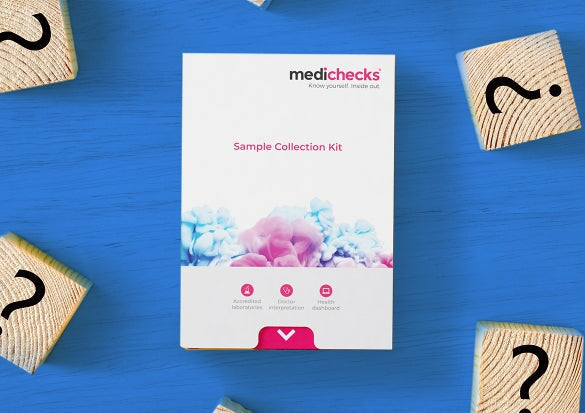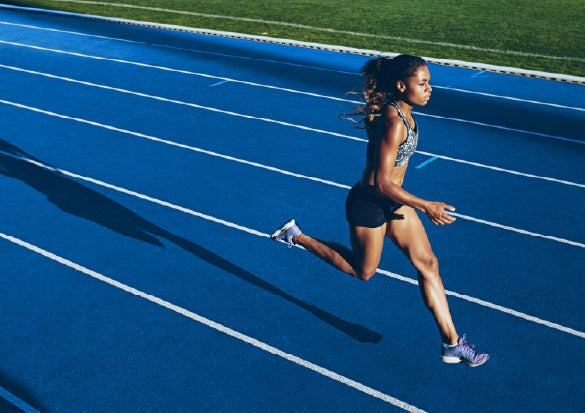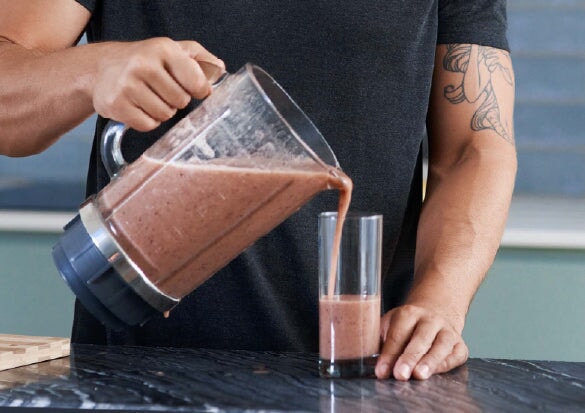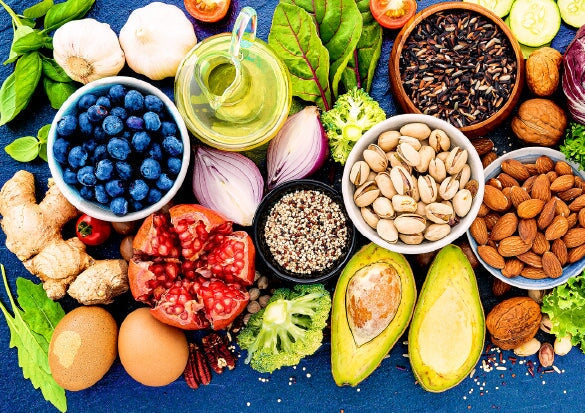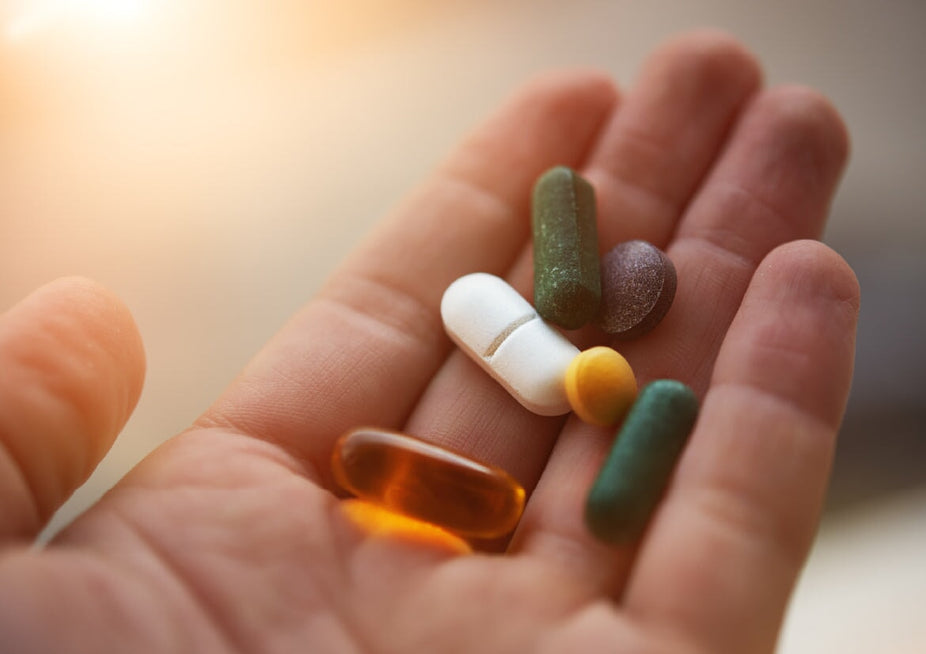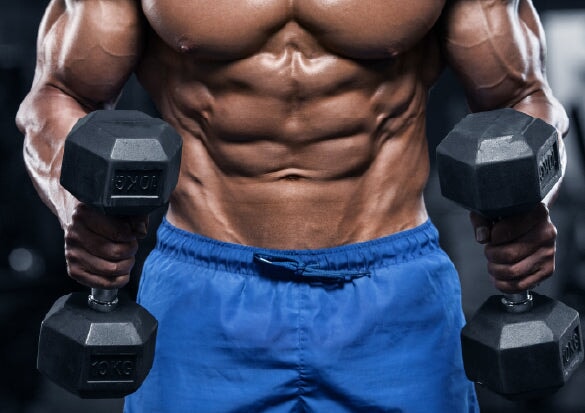Are sports supplements worth it?
Are you intrigued by the latest supplement trend? We dive deep into the world of sports supplements and explore whether they’re truly worth it.
Sports supplements (sometimes known as ergogenic aids) are big business for the sports industry. Every day, it seems we wake up to the next big thing that will boost our performance, burn fat, or aid our recovery.
But is there truth behind these claims? Do supplements give us what they promise? We explore the different types of sports supplements, and whether they should be used.
Are sports supplements new?
Throughout history, athletes have tried weird and wonderful things in the hope of getting a cut above the rest - cyclists in the 1800s even took substances that would probably land you in rehab or jail today.
Thankfully, things have moved on a bit since then. Recent trends include more natural substances, such as caffeine and beetroot juice.
If you are considering a supplement, it is recommended that you check with either a registered sports nutritionist or your GP. It is also recommended for you to check the batch number of your supplements and ensure they are safe.
The Australian Institute of Sport (AIS) has helpfully categorised supplements into four different groups according to their effectiveness and safety. Group A is considered safe and effective (ish), with group D being potentially harmful and not recommended.
Using the AIS grouping system, we’ve put together a few examples of some of the most common sports supplements and where they sit.
Different types of sports supplements and should they be used?
Group A supplements
Group A supplements are approved in some situations and aren’t deemed harmful. Research has shown that they have some effect and can be used at your discretion.
Some group A supplements include creatine, caffeine, bicarbonate, and beetroot juice. Here’s a full breakdown:
1. Creatine
Creatine is one of the most widely used supplements in sports. It is a substance that is involved in energy production and can be synthesised naturally by your liver, pancreas, and kidneys.
Supplementing creatine short-term has been shown to increase [1]:
- Strength
- Fat-free mass
- Muscle mass
Though supplementing creatine is popular in the sporting world, you can also find it in foods.
Foods high in creatine include [2]:
- Red meat
- Fish
- Chicken
Because foods high in creatine are mainly animal-derived, vegan and vegetarian athletes are more likely to benefit most from creatine supplementation (and vegan-friendly creatine is now available to buy).
Creatine may have its shortcomings though – there is a large variability in how individuals respond, and you will have an upper limit (meaning any excess will be excreted). And, like with any supplements, side effects are common, such as weight gain (due to water retention).
2. Caffeine
Caffeine is a stimulant and a well-known ergogenic aid. This historically landed it on the banned list by the International Olympic Committee (IOC) – where they monitored levels within a narrow range up until 2004.
Most of us will probably not make it into the Olympics team (we can dream…), but how can we use caffeine to our advantage?
It has been found that taking between three and six milligrams of coffee per kilogram of your body weight, an hour before exercise, has shown to enhance endurance type events and may improve feelings of strength [3].This is comparable to the amount of caffeine in around two to six cups of coffee, but this depends on the coffee type (and your body weight).
It is important to remember that caffeine is a diuretic (it promotes water loss from the body through urine), meaning it can lead to dehydration. Dehydration can damage performance, so drink plenty of fluids. Dehydration isn’t the only side effect of too much caffeine either.
Side effects of too much caffeine include:
- Gastrointestinal disease
- Headaches
- Dizziness
Some people are more caffeine sensitive than others, so it’s best to find what works for you. Remember: more does not always mean better.
3. Bicarbonate (baking soda)
Exercise leads to a build-up of acidity in the muscles, which can cause muscle pain and fatigue, meaning your performance can suffer.
Chemical buffers (chemicals that help to regulate the blood pH), such as bicarbonate, also known as baking soda, can work to neutralise the acidity in the muscles during exercise.
Consuming a single dose of 0.3 g bicarbonate per kg of body weight, with one litre of water, one to two hours before exercise has been shown to improve performance in high-intensity exercise lasting between 30 seconds and six minutes (such as a sprint) [4].
In small amounts, the use of bicarbonate may not pose any major health risks (but that does not mean you should go necking baking soda from the tub!). Even in small amounts, baking soda may cause stomach problems, and the benefits seem to only be short-lived.
So, if baking soda is really something you fancy, stick to the recommended amounts.
4. Beetroot juice
Who would’ve thought the humble beetroot could have so much potential in fitness and performance? With proven benefits to the number of reps, overall power, and time to fatigue [5], it’s easy to understand why it receives attention.
Beetroot is rich in compounds called nitrates, which are known to promote vasodilation (widening of the blood vessels) [5] – in other words, more oxygen-giving blood can flow to your muscles. Beetroot can therefore help your body to transport and use much-needed oxygen to where it is needed.
The easiest and quickest way to supplement your diet with beetroot is probably through juicing and taking a shot (whilst holding your nose…). But you could also include more beetroot in your diet and reap the added benefits, such as increased fibre, lower blood pressure, and anti-inflammatory properties [6].
Group B supplements
Group B supplements need a bit more research. This means that they may have some enhancing properties, but the research isn’t robust enough for it to be backed up by science.
1. Antioxidants
Antioxidants are provided in food in the form of essential vitamins and minerals.
Antioxidants include:
- Vitamin C
- Vitamin E
- Selenium
- B-carotene
They can also be found in the form of polyphenols - complex structures that exist naturally in plant foods, such as fruits, chilli peppers, and berries [7].
Antioxidants reduce oxidative stress in the body (a chemical imbalance caused by free radicals, which are thought to be damaging to cells). Exercise generates a higher amount of oxidative stress, so it may seem logical that a higher quantity of antioxidants is required... However, athletes have been found to naturally have higher antioxidant levels in the body [8].
So, unless deficient, perhaps athletes do not require any extra supplementation after all. And in some cases, like vitamin C, supplementing can even hinder recovery from things like delayed-onset muscle soreness (DOMS) in athletes [9].
Some research also suggests that antioxidants can have unwanted side effects, interfere with normal metabolism, and hamper useful adaptations to training [10]. This shows that the current research isn’t robust enough to suggest whether antioxidant supplements will benefit your performance.
That being said, there is nothing stopping you from trying them to see if they work for you. If you are interested, it is recommended that you try a low-dose multivitamin. The important thing to know is that antioxidants can be obtained readily and easily from foods.
Foods rich in antioxidants include [11]:
- Broccoli
- Spinach
- Carrots
- Potatoes
Brightly coloured fruits and vegetables give high amounts, along with other known benefits including fibre and fullness. So, you can’t go wrong supplementing your diet with these.
2. Carnitine
Carnitine is a compound that exists naturally in meat, fish, and dairy. It is involved in the metabolism of fat, and it has been suggested that carnitine may help to burn fat and stimulate weight loss.
In theory, supplementation could support athletes in protecting their glycogen stores (glycogen is a form of energy prioritised for short bursts of high-intensity exercise).
There is debate about whether carnitine can actually be stored in your body [12] – in other words, like protein, excess carnitine may just simply pass through your body unused.
Recent studies have shown that ingesting carnitine along with a large carbohydrate load effectively increases carnitine retention in the muscle [9]. But with a higher number of calories being ingested, this could counteract any beneficial effects of carnitine on fat metabolism.
So, the jury is out on carnitine. You may want to try to see whether it gives you any personal benefits. But as with all supplements, don’t overdo it.
Group C supplements
Group C supplements have no robust science behind them and possibly won’t be worth taking as you are likely not to see any beneficial effects.
The Australian Institute of Sport (AIS) explains that, if you can’t find the supplement you are taking in Group A or Group B, then it probably deserves to be in Group C.
Examples of supplements in group C include:
- BCAA/Leucine
- Magnesium
- Phosphate
Group D supplements
Group D supplements are banned in sports and potentially harmful – we would strongly recommend that you avoid anything in group D.
These substances are on the list for a reason, and you should question whether you want to put these in your body.
Examples of group D supplements include:
- Ephedrine
- Strychnine
- Sibutramine
Are sports supplements worth it?
There is a time and place for supplements in sports and only a select few may be beneficial, and none are guaranteed to work.
When looking to supplement, context is important. Ask yourself:
- Why are you supplementing?
- Will it benefit the exercise I am doing?
- Is there anything else to consider?
- What are my individual needs?
Remember it is never a case of the more, the better – you could risk hurting yourself (along with your pride and bank balance). The one thing that is guaranteed to give you the highest chance of success is yourself – the harder you push the more you will gain.
The importance of blood testing with supplementation
Blood testing is a powerful tool that can help you monitor your inner health and the possible effects of supplements on your body – both positive and negative.
Using a blood test such as our Ultimate Performance Blood Test can show you how supplements impact organs, such as your kidneys and liver, and hormones and heart health.
To help you find the most beneficial sports performance test for you, we’ve put together a sports performance buying guide. Or, you can try our test finder.
Please remember to speak with your healthcare provider before starting any vitamins or supplements.
References
- Cooper, R., Naclerio, F., Allgrove, J. and Jimenez, A., 2012. Creatine supplementation with specific view to exercise/sports performance: an update. Journal of the International Society of Sports Nutrition, 9(1).
- Anju Mobin, B., 2022. 20 Foods High in Creatine: Natural Sources of Creatine for Bodybuilding. [online] Best for Nutrition. Available at: <https://bestfornutrition.com/foods-high-in-creatine/> [Accessed 7 June 2022].
- Guest, N., VanDusseldorp, T., Nelson, M., Grgic, J., Schoenfeld, B., Jenkins, N., Arent, S., Antonio, J., Stout, J., Trexler, E., Smith-Ryan, A., Goldstein, E., Kalman, D. and Campbell, B., 2021. International society of sports nutrition position stand: caffeine and exercise performance. Journal of the International Society of Sports Nutrition, 18(1).
- Hadzic, M., Eckstein, M. L., & Schugardt, M. (2019). The Impact of Sodium Bicarbonate on Performance in Response to Exercise Duration in Athletes: A Systematic Review. Journal of sports science & medicine, 18(2), 271–281.
- semanticscholar.org. 2022. [online] Available at: <https://pdfs.semanticscholar.org/bab9/24ae4d2c76c581ccfcdac4685faa44a93344.pdf> [Accessed 7 June 2022].
- nutritionist, J., 2022. Top 5 health benefits of beetroot | BBC Good Food. [online] Bbcgoodfood.com. Available at: <https://www.bbcgoodfood.com/howto/guide/ingredient-focus-beetroot> [Accessed 7 June 2022].
- Pandey, K. and Rizvi, S., 2009. Plant Polyphenols as Dietary Antioxidants in Human Health and Disease. Oxidative Medicine and Cellular Longevity, 2(5), pp.270-278.
- Geissler, C. and Powers, H.J. eds., 2017.Human nutrition. Oxford University Press.
- Close, G., Ashton, T., Cable, T., Doran, D., Holloway, C., McArdle, F. and MacLaren, D., 2006. Ascorbic acid supplementation does not attenuate post-exercise muscle soreness following muscle-damaging exercise but may delay the recovery process. British Journal of Nutrition, 95(5), pp.976-981.
- Gomez-Cabrera, M., Domenech, E. and Viña, J., 2008. Moderate exercise is an antioxidant: Upregulation of antioxidant genes by training. Free Radical Biology and Medicine, 44(2), pp.126-131.
- St. Johns Health. 2022. [online] Available at: <https://www.stjohns.health/documents/content/top-20-foods-high-in-antioxidants.pdf> [Accessed 7 June 2022].
- Ods.od.nih.gov. 2022. Office of Dietary Supplements - Carnitine. [online] Available at: <https://ods.od.nih.gov/factsheets/Carnitine-HealthProfessional/> [Accessed 7 June 2022].
Related tests
Are you looking to transform your body through diet and exercise and track your progress along the way?
Our Ultimate Blood Test is designed for those who want to take their health and fitness to the next level — whether you're an athlete, biohacker, or simply someone who's serious about...
- Results estimated in 3 working days
- 56 biomarkers
Venous collection
Select test

